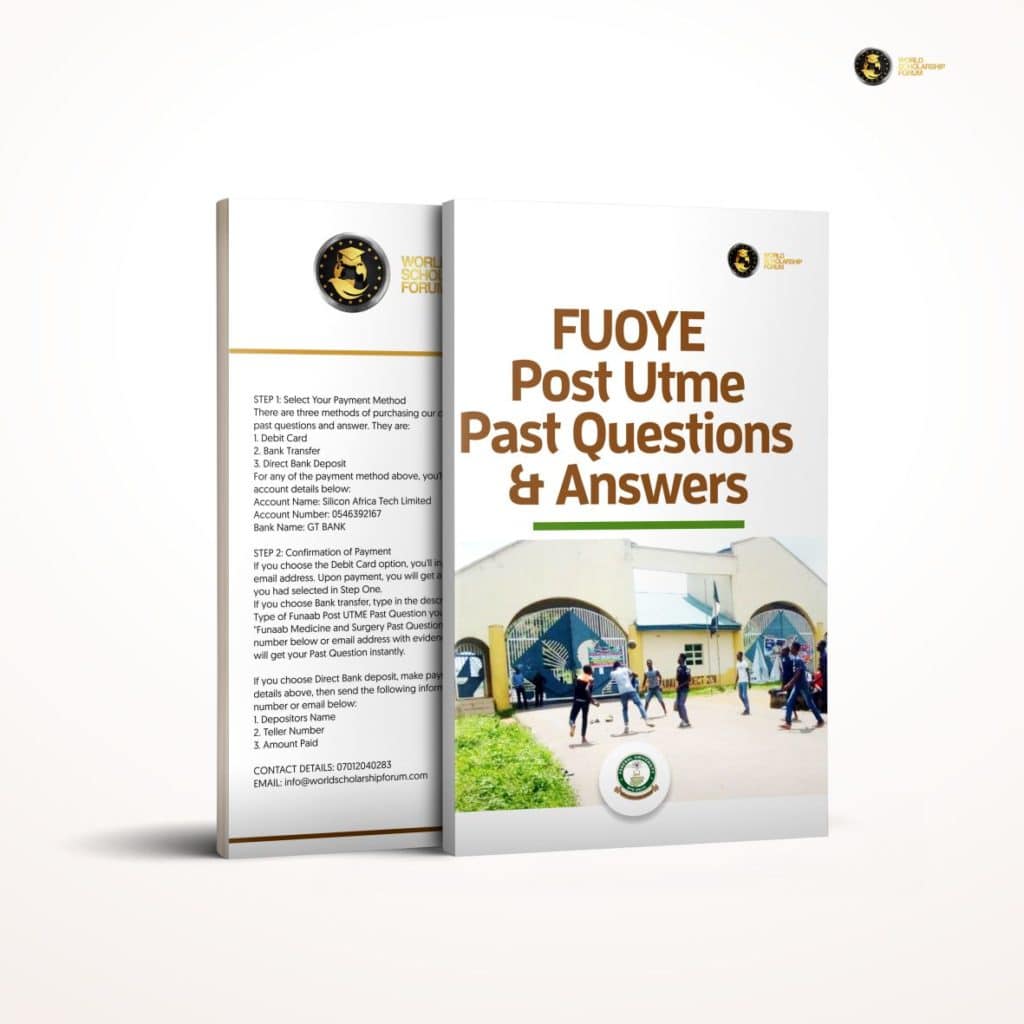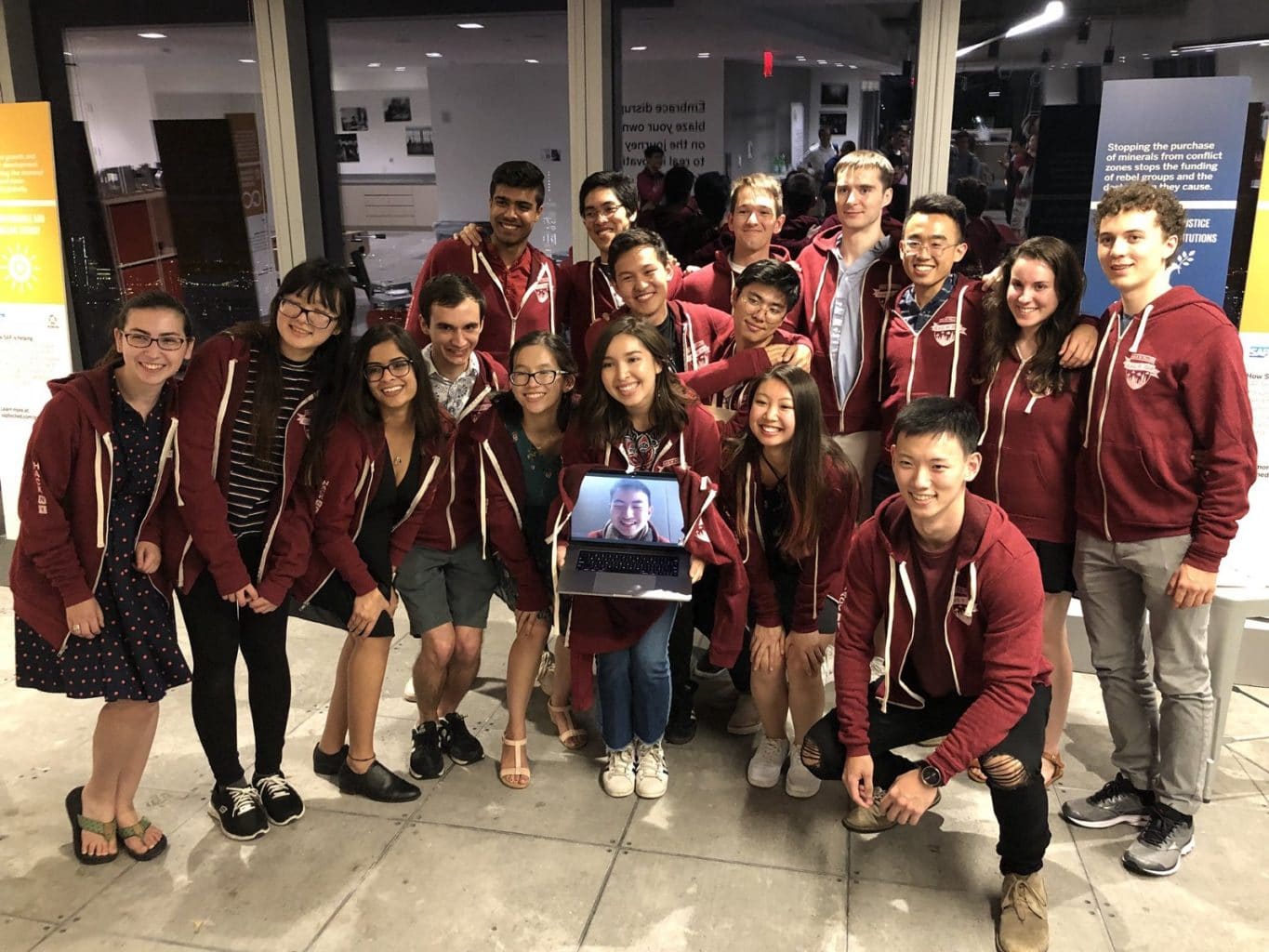LIFE AT TUCK IS FULL OF OPPORTUNITY.
Tuck Business School is a community where experience and diverse perspectives are shared. It is also a place where individuals are celebrated and supported as they tackle new ideas and learn what it means to lead.
The entire experience from activities and events to the everyday encounters with people who inspire is designed with one purpose in mind: to develop business leaders who want to use their talents to better the world.
Are you ready to be Challenged at every Moment? Ways to Study at Tuck
Every element in the academic experience at Tuck; from team-based project work and experiential and global learning opportunities to case-based courses, independent study, and small-scale Research-to-Practice Seminars is designed to push students further than they thought possible with the goal of developing curious, creative leaders.
Rigorous self-analysis is at the core of Tuck’s approach to leadership development. Combining feedback from coworkers and fellow students with instruction and peer coaching, our students gain insights that the traditional case teaching method can’t provide.
With TuckGO, the world is your classroom.
Today’s global business leaders must be able to successfully navigate different cultures, economies, and industries. To help our students develop these crucial capabilities, Tuck has carefully designed a portfolio of immersive, experiential courses that take place around the world.
During the MBA program, each student must take at least one TuckGO course in a country that is new to them. In the previous academic year, students studied in 33 countries, from Ghana and Vietnam to Ireland and Australia.
Funded by a sustaining gift from the American family foundation of Michaela and Zdenek Bakala T’89, the Bakala TuckGO Program provides valuable support to the entire TuckGO portfolio of courses to help ensure students develop the skills, knowledge, and global mindset to lead across cultures.
The core curriculum is the foundation of learning in the Tuck MBA program, intentionally designed to develop the functional skills leaders need to decide; the tools to gather and analyze data; and the leadership ability to craft, communicate and execute a vision for change with and through others.
Tuck’s integrated core curriculum provides rigorous coverage of key functional areas and disciplines with courses that build on and complement each other: analytics, corporate finance and capital markets, managerial and global economics, marketing, organizational behaviour, strategy, communications, and operations.
Students who have extensive previous background in a particular discipline may be exempt from a course and take an elective course in its place.
FALL A
- Analytics I
- Financial Accounting
- Management Communication
- Managerial Economics
- Managing People
FALL B
- Analytics II
- Capital Markets
- Crafting Strategy
- Marketing
WINTER
- Corporate Finance
- Global Economics for Managers
- Electives
SPRING
- First-Year Project
- Managing Organizations
- Operations Management
- Electives
ELECTIVE COURSES
With the core curriculum as a foundation and over 100 electives to choose from, Tuck’s elective curriculum gives students the flexibility to chart their own path.
This list represents electives offered each year.
Accounting
- Advanced Managerial Accounting
- Cases in Financial Reporting
- Financial Reporting and Statement Analysis
- Financial Statement Interpretation and Analysis
- Managerial Accounting
- Securities Regulation
- Taxes and Business Strategy
Communication
- Advanced Management Communication
- Communicating with Presence
- Corporate Communication
Economics
- Countries and Companies in the International Economy
- Energy Economics
- Growth Economics
- Health Economics
- Leadership in the Global Economy: Contemporary Economics and Business
- Nowcasting the Global Economy
- Research to Practice Seminar: Firms and Trade Policy
- Research to Practice Seminar: Global Structure and Conduct of Firms
Entrepreneurship
- Building Entrepreneurial Ventures
- Entrepreneurial Thinking
Ethics and Social Responsibility
- Business and Climate Change
- Ethical Decision-Making
- Business and Ethics at the Base of the Pyramid
- Business and Society
- Corporate Responsibility
- Ethics in Action
- Impact Investing: Capital for Social Impact
- Managing for Social Impact
- Social Entrepreneurship
Experiential
- Global Insight Expeditions
- OnSite Global Consulting
- Global First-Year Project (FYPGO)
Finance
- Advanced Corporate Finance and Governance
- The Arrhythmia of Finance
- Research to Practice Seminar: Corporate Takeovers
- Corporate Valuation
- Derivatives and Risk Management
- Research to Practice Seminar: Empirical Evidence in Finance
- Field Studies in Venture Capital
- Financing Strategy for Public Companies
- Futures and Options Markets
- Investments
- Managing Stakeholder Issues in Private Equity
- Research to Practice Seminar: Management of Investment Portfolios
- Real Estate
- Structuring Mergers and Acquisitions
- Venture Capital and Private Equity
- Venture Capital and Private Equity Basics
Health Care
- Contemporary Issues in Biotechnology: The Practitioners Perspective
- Entrepreneurship in Health Care Services and Technology
- Health Care Analytics & Society
- Health Economics
- Investing and Deal Making in Health Care: The Practitioners’ Perspectives
- Management of Health Care Organizations
- Medical Care and the Corporation
- Structure, Organization, and Economics of the Health Care Industry
- Business of Health Care
Marketing
- Business Applications of Natural Language Processing
- Consumer Insights
- Customer Analytics
- Digital and Social Media Strategy
- Marketing in the Network Economy
- Marketing Research
- Multichannel Route-to-Market Strategy
- Quantitative Digital Marketing
- Retail Pricing Strategies and Tactics
- Selling and Sales Leadership
- Strategic Brand Management
- Research to Practice Seminar: Time in the Consumer Mind
Operations and Management Science
- Data Mining for Business Analytics
- Fundamentals of Web Programming
- Management of Service Operations
- Operations Strategy
- Prescriptive Analytics: Applications of Optimization
- Professional Decision Modeling
- Supply Chain Management Mini
- Tools for Improving Operations
- VBA Programming
Organizational Behavior
- The CEO Experience
- Comparative Models of Leadership
- Leadership Out of the Box
- Negotiations
- Power and Influence
- Re-conceiving Representation: Gender Equity in Management and Society
- Research to Practice Seminar: Social Networks in Organizations
Strategy
- Advanced Competitive Strategy
- Research to Practice Seminar: Deconstructing Apple
- Design Thinking for Strategic Innovation
- Ecosystem Strategy
- Entrepreneurship and Innovation Strategy
- Five Memos for the Modern Leader
- Implementing Strategy
- International Strategy
- Leadership Development: Self-Awareness, Skills & Strategies
- Leading Change
- Psychology of Strategic Leadership
- Digital Change Strategies
- Strategic Leadership
- Strategic Principles for Internet Businesses
- Strategy in Emerging Markets
- Research to Practice Seminar: Strategy in Innovation Ecosystems
- Sustainable Business
- Transforming Public Interest Organizations
Other
- Business of International Development
- Client Project Management
- Doing Business in the Arab Gulf States
- Doing Business in China
- International Business Law: Standards and Sanctions
- Managers and the Law
- Managing Organizational Change in K-12 Education
Entry Requirements
Tuck students bring experiences and perspectives from a wide range of colleges and universities, companies, countries, cultures, and contexts. The class is diverse by design. Yet, you’ll find that Tuck students are consistently characterized by four attributes. You’re a strong candidate for admission if you show them too…
What are the Qualities of the Students at Tuck Business School?
#1. SMART
Your intellectual aptitude matters. Your grades and test scores reflect previous academic performance, communication skills, and ability with numbers. Being smart also means you realize you don’t know it all.
You’re curious, excited by challenges, and motivated to learn from others’ experiences and expertise. You continually seek to grow by engaging and exploring the world around you. Your aptitude and curiosity will advance and enrich rigorous discourse with Tuck classmates, faculty, and visiting executives.
#3. ACCOMPLISHED
Your professional performance matters, as do community engagement and personal achievements. You should be excellent at your job and impactful outside of it. And you should have the results, progression, and endorsements to prove it.
Yet you achieve these outcomes with principled behavior. You don’t just go through the motions, wilt in tough moments, or seek to win at any cost. Your commitment to these behaviors, both in success and setback, suggests you’ll transform Tuck as a student leader and the organizations and communities you’ll lead as an alum.
#3. THEY ARE AWARE
You understand how your values and experiences have shaped your identity and character. You welcome and learn from direct feedback. But knowing who you are, and how you got here, is just the beginning. You connect your experiences and present motivations with your future path and chart a course forward.
You identify coherent goals, audacious in scope yet grounded in reality, and articulate how the distinctive Tuck MBA will advance your aspirations to better the world of business. And you recognize how your individuality will add to the fabric of the Tuck community.
#4. FINALLY, TUCK STUDENTS ARE NICE
This is quintessential Tuck, where you actively encourage, celebrate, and support others. You offer help, and you ask for it yourself.
At Tuck Business Academy, you exhibit emotional intelligence, layer compassion onto courage, and challenge others tactfully and thoughtfully. Also, your actions exude respect and integrity even when it’s not convenient or easy. There is also the need to show empathy for the diverse experiences of others while also sharing your own.
You acknowledge that your success and others’ success are interdependent thus generously invest in both while building trust through deep, genuine connections that will endure for life.
Application Deadlines
Are you exploring Tuck? Applying now? Advising or endorsing an aspiring Tuck student? You’ll want to know all about how applying to Tuck works.
There are three important components of applying to Tuck:
- The admissions criteria for a great Tuck candidate (what we look for)
- The application materials where these criteria emerge (where we find it)
- The evaluation process for application materials (how we assess it)
You may have additional questions that are unique to your circumstances:
- International Applicants
- Diversity Applicants and the Consortium for Graduate Studies in Management
- Reapplicants
- Applicants with a Previous MBA
- Joint- and Dual-Degree Applicants
- Deferring Applicants
- Applicants Seeking Funding
- Applicants with Disabilities
Before you apply, we encourage you to review our policy statements:
- General Application Policies
- Tuck Academic Honor Principle
- Clery Act Notification to Prospective Students
- Nondiscrimination Policy
- Data Policies
Finally, you may want to learn more about Tuck by connecting with our community:
- Connect with a Tuck Student or Alumni
- Get through to the Office of Admissions
- Contact the Financial Aid Office
- Contact the Dartmouth Office of Visa and Immigration Services
- Tuck Mailing Address
Apply below:
https://apply.tuck.dartmouth.edu/apply
Location Of Tuck:
100 Tuck Hall
Hanover, NH 03755
United States.
References
- https://www.tuck.dartmouth.edu/
- https://en.wikipedia.org/wiki/Tuck_School_of_Business
- https://menlocoaching.com/top-mba-programs/dartmouth-tuck/





